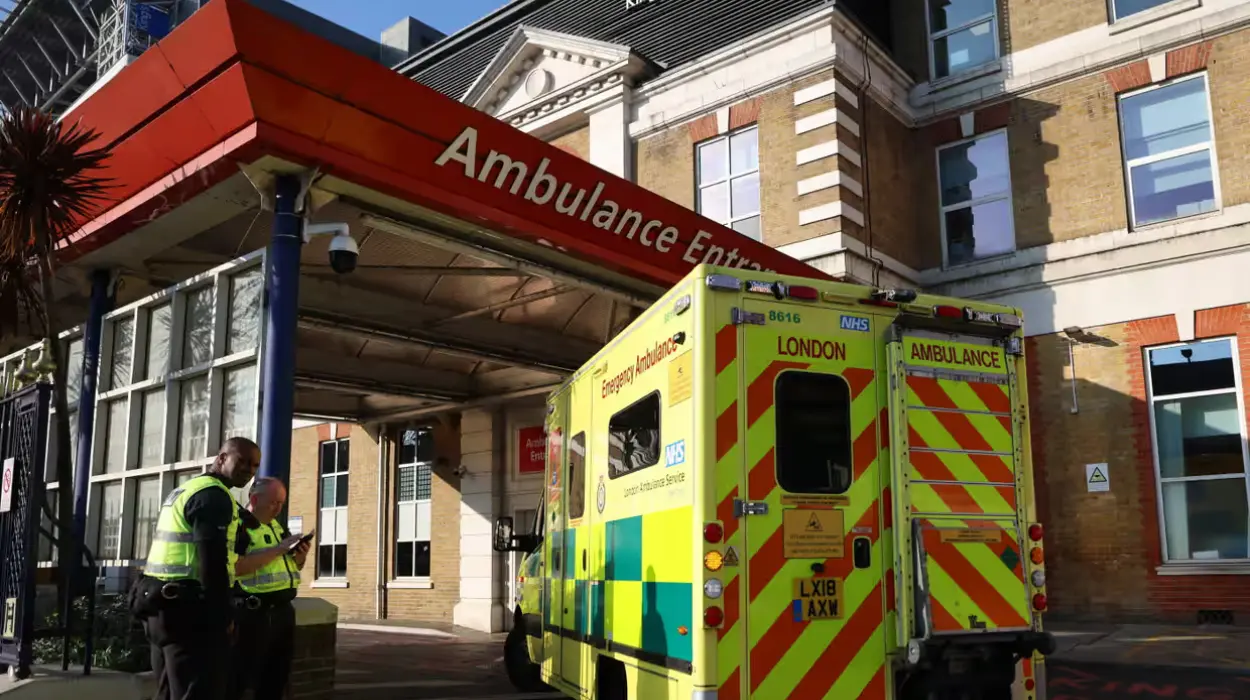UK (Parliament Politics Magazine) – Sir Jim Mackey warned that NHS funding can no longer see large increases due to tight public finances, urging a focus on value for money and productivity.
England’s new health chief has warned that ministers have reached the limit of what they can allocate to the NHS. He said significant boosts in funding are no longer feasible due to growing pressure on taxpayer money.
What did Sir Jim Mackey say about the future of NHS funding?
Mr Mackey, who became the chief executive of NHS England last month, stated that the current condition of public finances no longer allows the nation to back large-scale increases in health spending.
He said,
“We are pretty much maxed out on what’s affordable. It is really now about [the NHS] delivering better value for money, getting more change, delivering on getting back to reasonable productivity levels,”
Adding,
“The financial thing is always with us [in the NHS]. There’s never enough money for healthcare. The NHS is such a big part of public spending now.”
His remarks came during a speech to health reporters, followed by a question-and-answer session at a London event on Thursday, organized by the Medical Journalists’ Association.
Mr Mackey, who was an accountant before joining the NHS, hinted that the health service may not get a major hike in funding during next month’s spending review.
His realistic take on NHS funding may hint at the financial resources the service will have to carry out the extensive changes pledged in the upcoming 10-year health plan.
Mr Mackey defended the budget cuts to NHS’s 215 trusts, with senior officials warning on Friday that they could be “eye-watering” and lead to service closures and staff layoffs. These cuts are part of a severe “financial reset” he initiated in March.
He explained that the NHS was facing a potential £6.6bn overspend this year, despite a £200bn budget, adding,
“[There was] the shock that that was creating [in Whitehall], the worry that was creating, [and] the anxiety about what that meant for the economy, and [with] the international instability that we’ve got, what it meant for broader society.”
NHS England chief warned NHS leaders that, although financial limits are a major concern, the sharp decline in public satisfaction should be their main focus.
Mr Mackey added,
“The thing we should all really bother about is the British Social Attitudes survey in all of this. It was really terrible last year [when satisfaction was 23%]. We all thought we’d bottomed out, and then it got worse in the latest one. So that was a really big shock; a really big sign that we’re in danger of losing that connection with the public. [That] we’ll lose that properly. We are in really serious trouble.”
He expressed his disagreement with Wes Streeting’s repeated claims that the NHS is “broken” due to its inability to provide quick care after years of Conservative rule.
Mr Mackey argued the notion that the NHS is “broken and failed,” insisting that the service continues to offer “genuinely world-class care.” He also highlighted the “unacceptable” variations in care quality across the system.
Chancellor’s Review will shape NHS funding
On June 11, Chancellor Rachel Reeves will present a review detailing government spending for the years 2026-2027 through 2029-2030.
Last October, she provided the NHS in England with an additional £22bn for the 2024-25 and current financial years in her first budget.


